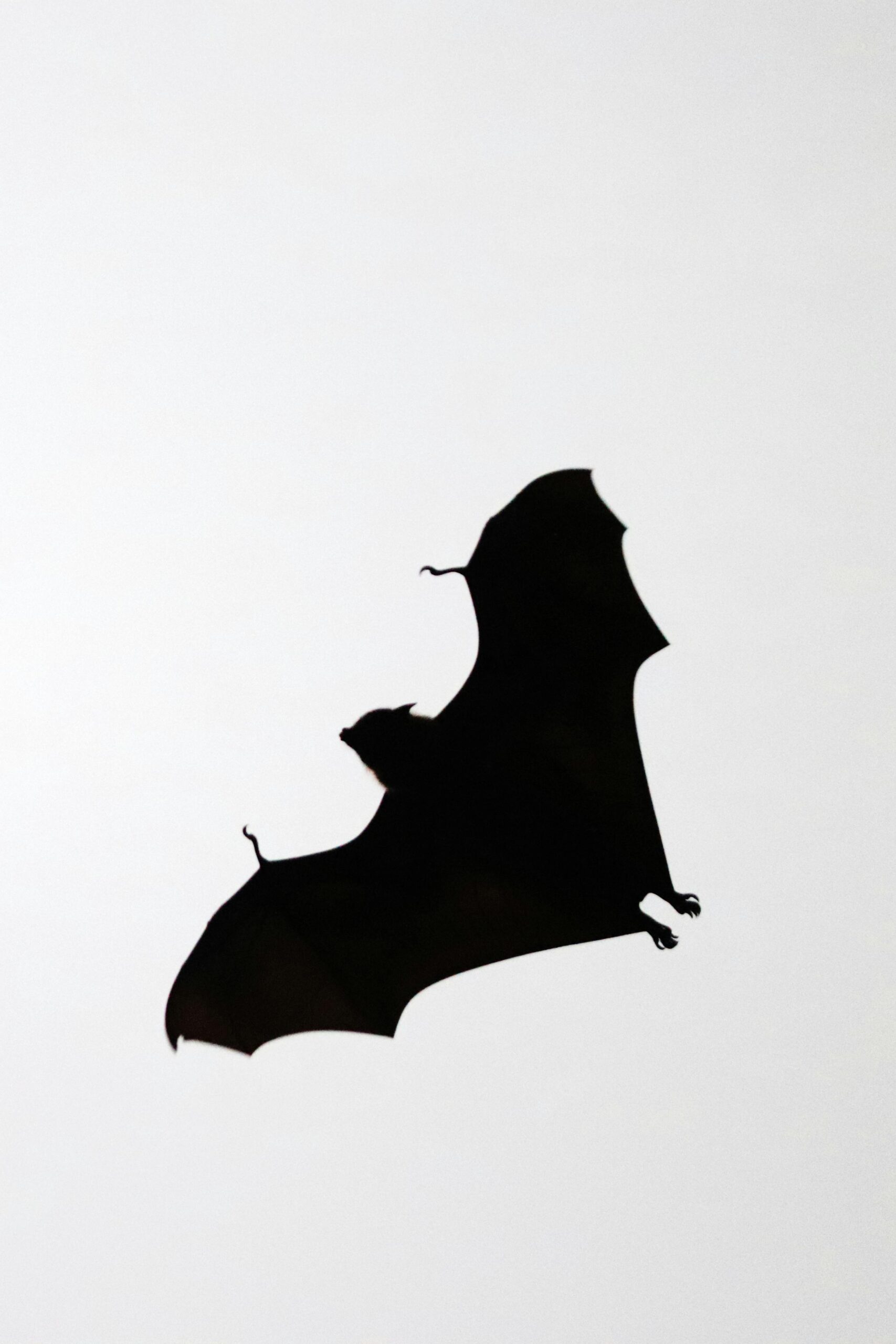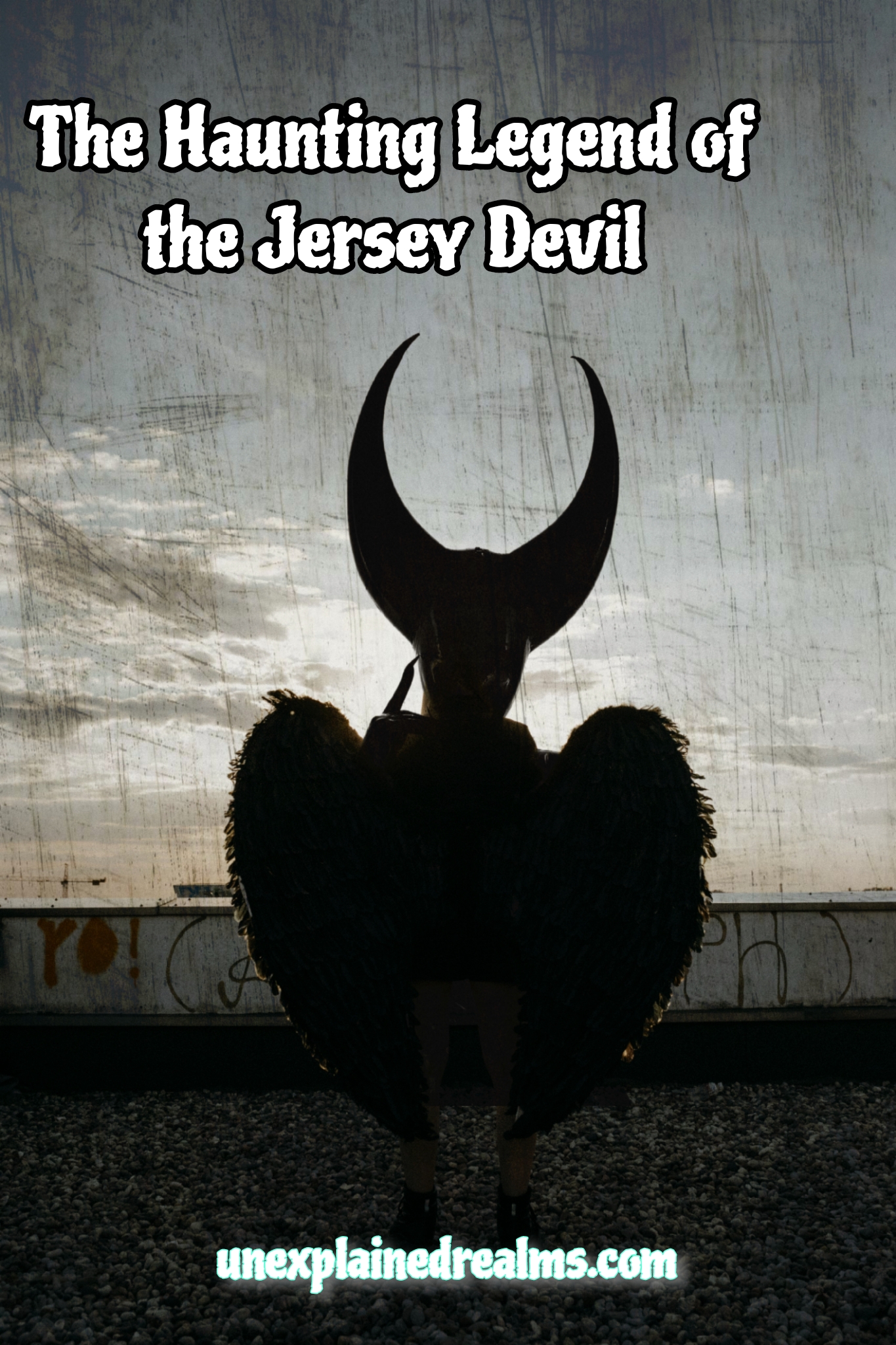Every culture has its share of mythical creatures and urban legends. In this episode, we will travel to The United Republic of Tanzania, specifically the island of Zanzibar to discuss the terrifying shape-shifting creature that haunts the night… The Popobawa.
Popobawa is a Swahili word meaning “bat wing,” but locals believe it to be an evil spirit that attacks people in their sleep. The first reported sightings occurred on Pemba Island, Tanzania in 1965 during a period of political upheaval.
According to legend, an angry sheik unleashed a jinn for revenge against enemies, though he lost control of the supernatural being. A jinn is described as an intelligent spirit of lower rank than angels, capable of shape-shifting and possessing humans. Some versions hold that Zanzibar was once the site of an Arab slave market, and the Popobawa manifested from the suffering of that era.
Descriptions portray the Popobawa as a giant bat with enormous wings, a single eye, gray skin, and a six-foot penis. Its hallmark is sexually assaulting victims as they sleep, preying indiscriminately on men, women, and children alike. Attacks may involve only poltergeist activity or physical violence rather than rape. He is said to smell like sulfur
By day, it can assume human form. The legend states the creature pins humans down to rape them for up to an hour, driving some to take refuge sleeping outdoors.
Survivors must recount their ordeal, as the Popobawa seeks to spread fear. Failure to do so allegedly invites repeated attacks. When sightings increase, people gather outside at night around large fires for protection.
A foul odor and the sound of claws on rooftops precede its approach.
Because this creature rapes humans in their sleep, it doesn’t discriminate, it will attack, men, women, and children. It can attack multiple households in one night and some victims state no rape occurs, but simply poltergeist activity or a physical assault rather than a rape.
Some link the first reports to the political unrest of the time. Stories resurfaced in the 1980s and mid-1990s.
Tragically, on April 2nd, 1995, a mob killed a mainland Tanzanian man visiting Zanzibar, believing he had shapeshifted into the Popobawa. While this was the first murder linked to the legend, simmering panic had been building for months.
In early February 1995, during the first week of Ramadhan, residents in the southwestern region of Pemba island began reporting assaults in the night while they slept, by a shape-shifting spirit. The legend stated that Popobawa could assault multiple households at the same time and this drove families to begin staying outdoors at night, sitting around open fires with neighbors and friends, in an attempt to stay awake and avoid an attack.
The exhaustion and fear these locals experienced caused this panic to spread. From February through May there were several mob attacks on men as the town believed these men to be a manifestation of Popobawa.
In a town called Wete, locals stated that the Popobawa went into a home, but those inside were able to chase it away. It went into another home and those inside fell into a trance and were possessed. The woman possessed began to fight the spirit away making noise and attracting her neighbor’s attention.
More and more neighbors came out of their homes, ultimately forming a mob. They chased the Popobawa through the small town, from alleyways, through the streets, yelling, Seize him!
When the mob arrived near the Saw Mill Building, they saw a man standing near the building. Assuming this to be the Papobawa, they ran toward him yelling, “Here he is”!
The man began to panic and yell, “I’m not him, please!” But the mob was determined they had the right person and dragged him to the road.
Once the mob had placed the man on the road, they realized he was a local mentally ill person. He was seriously injured suffering from a broken arm, swollen face, and scraped legs. He was taken to the hospital and townspeople tended to him during his recovery.
In another story from the same time, a man from the mainland came to the area to visit a healer. He spoke in a faint voice and had a scar on his throat. The townspeople did not believe him and took him to the Wete police believing him to be the Popobawa.
And this takes us back to the April 2nd, 1995, murder of a mainland man. The mob beat him with clubs, machetes, and knives, then they cut his dead body into pieces… The next morning, the story of the death spread through the area, and large crowds cheered believing the Popobawa to be dead.
A local television station aired a program that interviewed eyewitnesses of the murder… It showed footage of a large crowd at the hospital as well as the corpse in the mortuary. Everyone in the area was relieved… Believing the Popobawa to be dead finally.
Though only one day after the murder, a neighborhood reported being attacked by the Popobawa… Everyone now knew the murdered man was not the Popobawa and nothing had changed.
Just a few weeks later, a man headed to the village of Bumbwini boarded bus number 2, if you didn’t have a vehicle, this would have been the only way to get to the village.
The man sat silently on the bus ride, occasionally looking at other passengers. Since the Popobawa panic was in full swing, passengers on the
bus became uneasy with the man. One passenger asked him, why are you so quiet? He responded with one word.
“Bado”. Which is Swahili for, “Not Yet”.
Once the bus stopped the man stood at the side of the street appearing to look for someone or something. Those who were also aboard the bus asked who he was looking for. He gave them the name of a man, but villagers felt he was just acting strange and decided to take him to their Sheha, which is Swahili for village leader.
Once with the Sheha, he was searched by the local militia and forced to hand over his luggage.
Villagers who witnessed this began to shout This is the Popobawa!!
One villager left to alert the police while the Sheha searched the man’s bag. The bag contained an amulet which gave off a terrible smell. There were dry leaves typically used for certain illnesses and a small bottle that contained some type of medicine.
Villagers believed this man to be the Popobawa or a manifestation of it called the Mapopo bawa. They began to attack the man with stones, sticks, or even just punching him. When the police arrived they stopped the attack and took the man to the hospital. Though the man never made it, he died on the way…
His corpse was kept in the hospital for some time for the family to come forward, but no one did… Leading the village to believe he was the Popobawa.
In May 1995, a local school was evacuated as the Popobawa had been sighted inside…
Many will argue that this is all politically fueled as most sightings surround some type of political issue in the country.
For example in the late 1960s through the 70s, sightings were reported, but the Zanzibar Revolution was also occurring at this time and the president was assassinated in 1972.
From February to May of 1995, multiparty politics and economic liberalization were introduced. From 2000 to 2007, scattered sightings were reported of the Popobawa, but also political upheaval.
There are so many examples of mass hysteria throughout history that lead to violence and death. It continues to happen these days, though I believe it results from social media and its reach.
Mass Hysteria is typically a shared fear, something extreme and nonexistent.
What do you think… Was the Popobawa an actual threat or an urban legend fueled by political upheaval? Either way, beware not to invite this scary supernatural entity into your home, as you never know what mysterious forces it might unleash.
This enigmatic entity from Zanzibar is terrifying. Though we have seen this before during political upheaval, for example, it is said that the Jersey Devil is a tale created during some of the very first political mudslinging in the U.S.
Who knows, perhaps there truly is a one-eyed bat out there terrorizing people, we can’t be sure…


